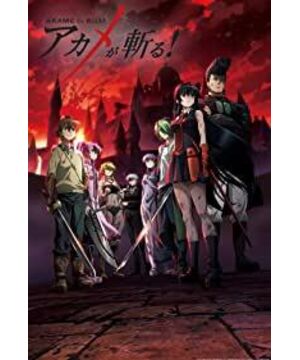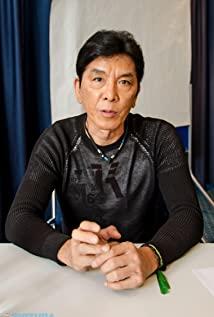Came from Reincarnation Paradise.
Saw the first episode.
It seems to be a bit of a glorification of the bourgeoisie. According to Lu's background of starvation and even terrorists, it is impossible for the eldest lady to bring people home when she sees them on the way. I can't bring it either. The male protagonist doesn't look like he came from a poor place, he's too handsome, he doesn't look like he has a yellow face, and he doesn't look like he is worried about life. Since ancient times, they have been poor and prosperous. Uh uh uh... The back is actually reversed... That's okay, can it be understood as an exaggeration of the work? It mainly uses a picture of a peaceful and prosperous age to express the background of people's hardship, which makes people have a strong sense of separation. In addition, it is too low-minded to use the rich man's warehouse to abuse the poor as a negative example. Knowledge of class and exploitation is also too shallow. After all, this kind of perversion is a minority, and it is completely unrepresentative, right? If it wasn't so perverted, wouldn't it be revolutionary?
Second words.
Kill bribe officers. If you want to change the dynasty, then it means widespread corruption, killing is endless, killing one person and changing people in this environment will immediately be assimilated. In short, if there is an uprising, it will be a change of dynasty and the killing of progressive and enlightened officials. If it is reform, then the assassination of corrupt officials does not require a rebel army, right? It feels contradictory.
Or was it the early days of the uprising, without a clear program? Under the illusion, killing corrupt officials is just a release of emotions. In this case, the follow-up plot should be to find that doing so has no effect and eventually grow in thought. Uh uh uh... If that makes sense, look back first.
Chapter 5
I saw the fifth chapter in one breath... I still feel very confused. Does the revolution have a mass base? Don't the righteous guard girls realize the corruption of the imperial capital? If not for widespread and widespread corruption, how could the rebels exist?
Chapter 7
Uh, there are also many progressive officials in the DPRK and China, so why not join forces. If the minister is so unpopular, just beheading him?
Esdes's subordinates are willing to sacrifice for her, and it's okay to kill the minister, right?
Chapter 10
Not to mention the fact that a general took the initiative to devote himself to the first meeting... The male protagonist persuaded Esdes to support the rebels, but the reason for being opposed was too weak? Is the minister strong? Is the empire strong again?
Chapter twenty-four
After reading it... Although the logic still does not make sense, at least if you don't have a brain, you can read it. It doesn't mean to show superiority. Xiaobaiwen has an audience of Xiaobaiwen. I also came from Douluo Panlong... If you look at it again now, what you thought was super good at the time might also be disgusting.
View more about Akame ga Kill! reviews











